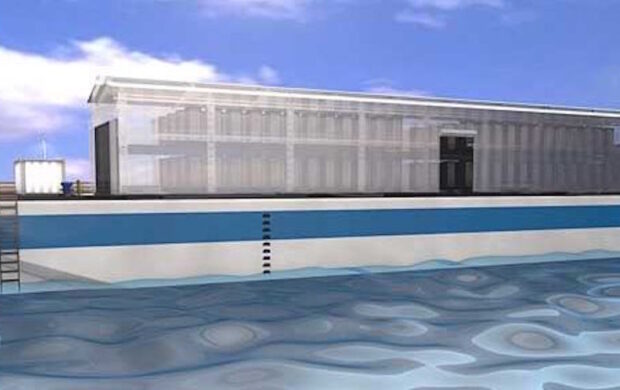In our topic hub on the future of shipping, we’re asking how regulation of underwater noise will affect ocean governance.

There is mounting concern that noise proliferation poses a significant threat to marine ecosystems and the survival of marine mammals, fish and other ocean wildlife. Ships produce noise that generally falls in the low frequency band, which coincides with the frequencies used, in particular, by baleen whales, fish, seals, sea lions and dolphins for communication and other biologically important activities.
Scientists, environmental groups, government agencies, and forward-thinking sectors of the shipping industry are starting to enter partnerships aimed at reducing noise from large ships and the associated negative effects on ocean life. One example is the collaborative European research project AQUO, which is exploring solutions to mitigate underwater noise related to maritime transport.
Regulatory approaches are also continually evolving – from simple sound-level thresholds to accommodate other factors than just “loudness”, such as frequency, time and location. In late 2013, the International Maritime Organization (IMO) adopted guidelines to reduce underwater noise from commercial ships.
Image credit: Martin / Flickr














